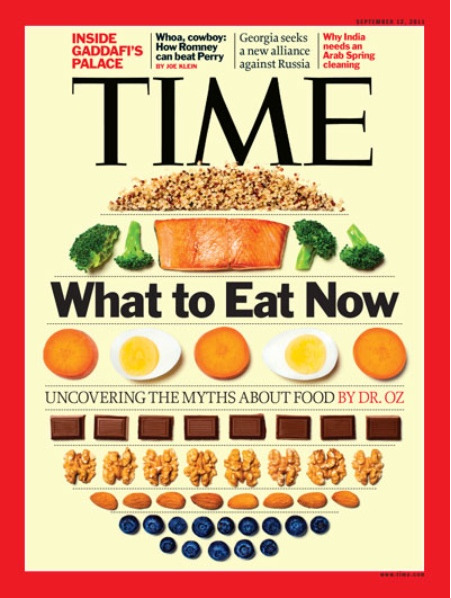[Keywords of the times] Low birth rate ranking fact check
※2024 Korea childbirth/birth fact check Q&A/Nocut News (CBS)
-Planning/Reporting: Park Ki-mook, Yang Min-hee, Song Jeong-hoon, Kang Ji-yoon
-This project was supported by the Journalism Society of Korea-SNU Fact Check Center.
[2024 Korea Childbirth/Birth Fact Check Questions and Answers③]
Is Korea the only country with a total fertility rate of 1 or less? Not true at all
*Source_CBS Nocut News Reporter Yang Min-hee
Source_Worldwide total fertility rate data (2022·PRB). Provided by U.S. Census Bureau
Last place according to OECD standards... Is Korea the only country with a total fertility rate of less than 1?
A country where there are fewer people born than people who die. A country where women on average do not give birth to even one child. A country that pours 280 trillion won into a broken dock. This is a story about South Korea standing on the edge of a population cliff.
From the second quarter to the third quarter, Korea's total fertility rate (the average number of babies a woman is expected to give birth to during her childbearing period) was 0.7, hitting a consecutive low.
Among these, the most cited figures when referring to birth rate are the OECD (Organization for Economic Co-operation and Development) figures. Korea has been ranked last in total fertility rate among OECD countries since 2013. As of 2020, Korea was the only country with a total fertility rate of less than 1.
According to the 'Population Reference Bureau's 2020 World Population Data Sheet' requested by CBS Nocut News from the Population Reference Bureau (PRB), a non-profit demographic research institute in the United States, there were countries other than Korea with a total fertility rate of 1 or less. According to data from the U.S. Census Bureau, the total fertility rates of the two countries, South Korea and Macau, were low at 0.9 each as of 2020. The total fertility rates of both countries are below the replacement fertility rate, or the level of 2.1 people needed to maintain the current population size.
In conclusion, Korea was not the only country with a total fertility rate of less than 1, but it still recorded a despairing total fertility rate.
“I’m not having children”… In Hong Kong, ‘childless couples’ outnumber ‘one-child couples’
FPA, which conducts a Hong Kong family planning survey every five years, pointed out that the decline in marriages and the increase in late marriages are the main causes of the low birth rate.
“As fewer people are getting married, the birth rate has fallen,” said Paul Yip, a professor at the University of Hong Kong and an honorary advisor to the FPA.
Macau and Hong Kong 'city-states' have something in common... ‘Seoul Republic’ resembles Korea
Cho Young-tae, director of Seoul National University's Population Policy Research Center, said in an interview with CBS Nocut News, "The only places where the total fertility rate is less than 1.0 are city-states. These countries have territorial limits that prevent them from going outside, but Korea is like a city-state, with only Seoul being the only place where young people live." “People are flocking in,” he said. “High density and the resulting intense competition are the most fundamental causes of the ultra-low birth rate phenomenon,” he said. “For city-states such as Macau and Hong Kong, that is the only place to go, but as the concentration of not only Koreans but also foreigners increases, competition is only increasing. If competition is severe, survival is difficult.” He answered, “It is the providence of nature that gives priority to this reproduction.”
The Bank of Korea also recently released an analysis in its report titled 'Inter-regional population movement and regional economy' that found that young people's concentration in the metropolitan area was an important cause of Korea's low birth rate. Births in areas where young people left the country fell sharply, but the increase in births in the metropolitan area did not offset this, leading to a decline in births across the country. They announced that this is because, as population density increases, births are delayed in order to survive competition.
Korea records lowest total fertility rate in 53 years... Earth mired in ‘population cliff’
How are experts analyzing the trend of low birth rates that continues around the world? Ann-Zofie Duvander, a sociology professor at Stockholm University, cited 'uncertainty about life' as the reason. He pointed out that the economic situation is one of the important factors in deciding to have a child, and said, "Especially in Sweden, the current loan interest rate has risen, so people are anxious about purchasing a home and are waiting until the economic situation improves. Many people feel that the current situation is not good." He added.
*Photo_Yonhap News
Is Korea a depopulating country? half truth
*Source_CBS Nocut News Reporter Song Jeong-hoon
[2024 Korea Childbirth/Birth Fact Check Questions and Answers②]
Will Korea’s total fertility rate rise in the future? Generally not true.
*Source_CBS Nocut News Reporter Song Jeong-hoon
[2024 Korea Childbirth/Birth Fact Check Questions and Answers④]
Can low birth rate be used instead of low birth rate? Not true at all





댓글
댓글 쓰기